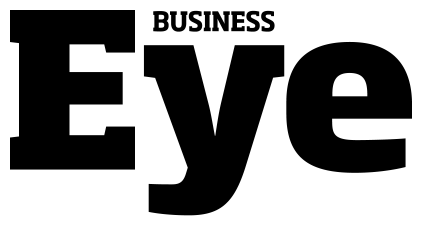Despite mounting concern, the focus of respondents across manufacturing, retail, wholesale, transport, logistics and professional services has been forced away from Brexit as they deal with COVID-19. Fewer than 1 in 10 are fully prepared for Brexit and just over 1 in 10 understand the changes that it will bring to their sector. A larger number (37 percent) have some understanding but need further clarity on the official guidance.
Regardless of whether a trade agreement is reached, customs administration will be imposed on exporters and importers north and south and beyond these shores, and survey responses again indicated a knowledge gap when it comes to customs paperwork. Almost half of those surveyed by Chartered Accountants Ireland do not fully understand the customs declarations that will be required to trade goods between Ireland and the UK come 1 January 2021.
Commenting, Cróna Clohisey, Public Policy Lead, Chartered Accountants Ireland said:
“As the parties return to the negotiating table, there is an overall air of negativity from officials and from the businesses that we have surveyed. One thing that is certain is that businesses are going to have to deal with customs administration. For many years, the EU has been a safe haven for Irish and UK businesses trading with each other, meaning little need for customs paperwork and declarations. As a result, much of the customs expertise on the island of Ireland has effectively disappeared.
“Customs administration is going to cost businesses. This cost emerged as a significant concern for the businesses we surveyed, ranking second, behind staff costs and ahead of customs duties, as the biggest challenge in managing business costs in the next six months.”
Recent months have seen unprecedented challenges due to COVID-19 and approximately 1 in 4 say that their focus has been unavoidably diverted from Brexit as a result. A little over a third have progressed as far as hiring a customs agent or formally invested in building their own customs knowledge, leaving over 6 in 10 as yet unprepared for these new administrative requirements.
Ms Clohisey continued:
“The businesses that will have to deal with customs administration are the same businesses struggling with the effects of COVID-19. It is critical for the survival of these businesses that goods get to where they need to go and on time. To do this, there is an urgent need for companies and businesses to invest in the people needed to prepare and file customs returns. That work needs to begin immediately so that businesses are ready to trade when the Brexit transition period ends.”
To help bridge this knowledge gap, Chartered Accountants Ireland recently launched a Certificate in Customs and Trade to train traders and advisers to navigate the new customs regime that Brexit will bring.




